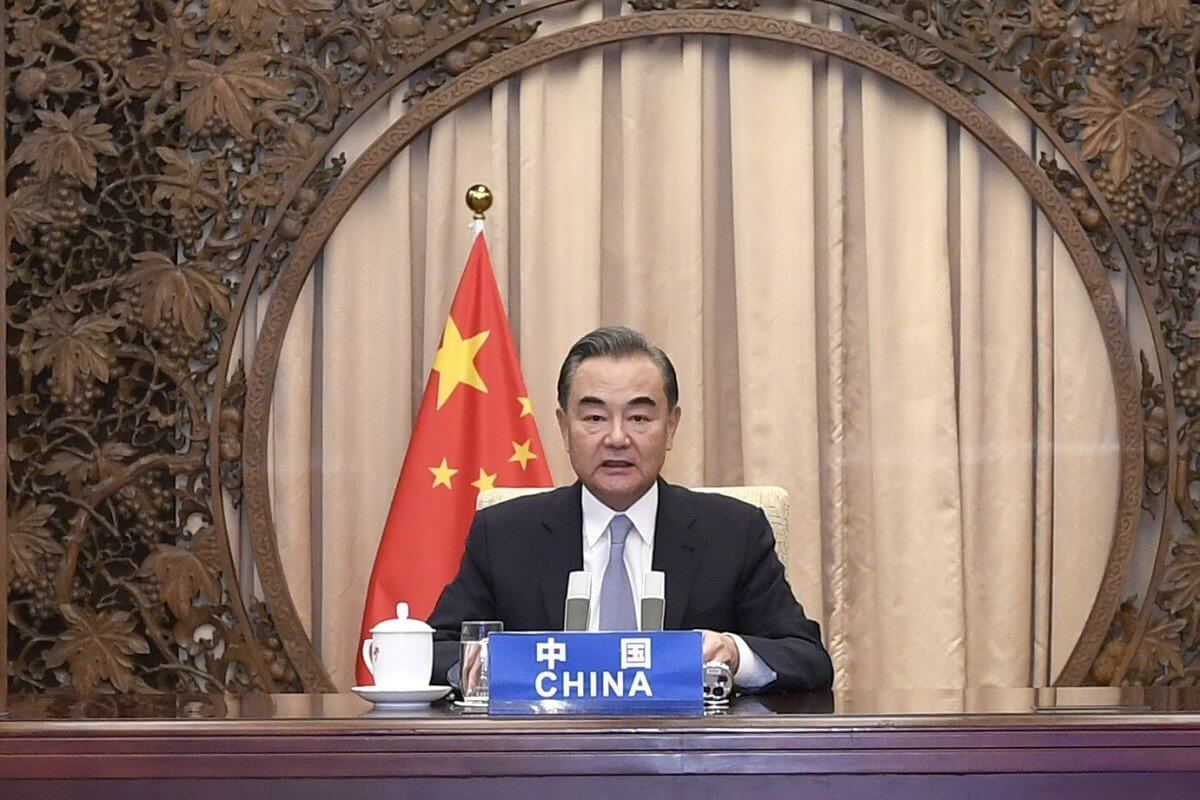On Monday, China’s Foreign Minister, Wang Yi, hosted a virtual meeting with representatives from Afghanistan, Nepal and Pakistan. The meeting was attended by Afghanistan Foreign Affairs Minister Mohammed Haneef Atmar, Pakistani Minister for Economic Affairs Khusro Bakhtyar, and Nepal Foreign Minister Pradeep Kumar Gyawali.
During the meeting, several issues were raised. The overall aim of the conference was to improve cooperation in the fight against COVID-19. Primarily, the leaders discussed regional cooperation following the COVID-19 outbreak. Wang Yi called for working towards preventing “politicisation and stigmatisation” of the virus. He also called for greater collaboration amongst the countries for pandemic prevention in the future. Further, he talked of the importance of regional coordination in vaccine research, along with post-pandemic economic recovery. He urged Nepal and Afghanistan to pursue a similar strategy as its “iron brother” Pakistan by focusing on regional cooperation to combat the pandemic. Pakistan’s Foreign Affairs Minister said that Pakistan was ready to bolster “cooperation in combating Covid-19 and in post-pandemic economic recovery with the participating countries”.
However, the conversation extended far beyond the fight against the pandemic, with China pushing for the resumption of the construction activities for the Belt and Road Initiative. Wang Yi called upon the four countries to give “full play to geographic advantages, strengthen exchanged and connections between the four countries and Central Asian countries, and maintain regional peace and stability”. He further said that the nations should “actively promote the construction of the China-Pakistan Economic Corridor and the trans-Himalayan three-dimensional interconnectivity network, support the extension of [CPEC] to Afghanistan, and further release the regional interconnection dividend”.
The Chinese representative also pushed for strengthening multilateralism and preserving the sanctity of international organisations like the UN. The leaders discussed the importance of preserving multilateralism, specifically to prevent the spread of the virus across borders. He said, “We should support the international system with the United Nations at its core and the international order based on international law, and safeguard the common interests of developing countries.” This comes amidst criticism by the US, which recently pulled out of the WHO after blaming the organisation for being China-centric.
The ministers of the three nations expressed their “active support” for the initiative. The statement said that the representatives expressed their gratitude for Chinese medical assistance, along with its support in the pandemic control efforts. Further, they conveyed their support for strengthening multilateralism, and spoke of the importance of ensuring a ceasefire in Afghanistan in light of the COVID-19 outbreak, and the urgent need to resolve the peace process between the Taliban and the Afghan government.
For India, with whom China’s relationship is at an all-time low, this China-led coordination is a cause for concern. The growing friendship of Nepal and Pakistan with China may serve to weaken India’s strategic interests in the South Asian region, as India faces border disputes with all three countries. Further, China’s call to extend the Belt and Road Initiative to Afghanistan is also concerning for India’s economic interests in the war-torn region as it looks to increase its influence over Afghan ports and expand its trade activities in the region.

